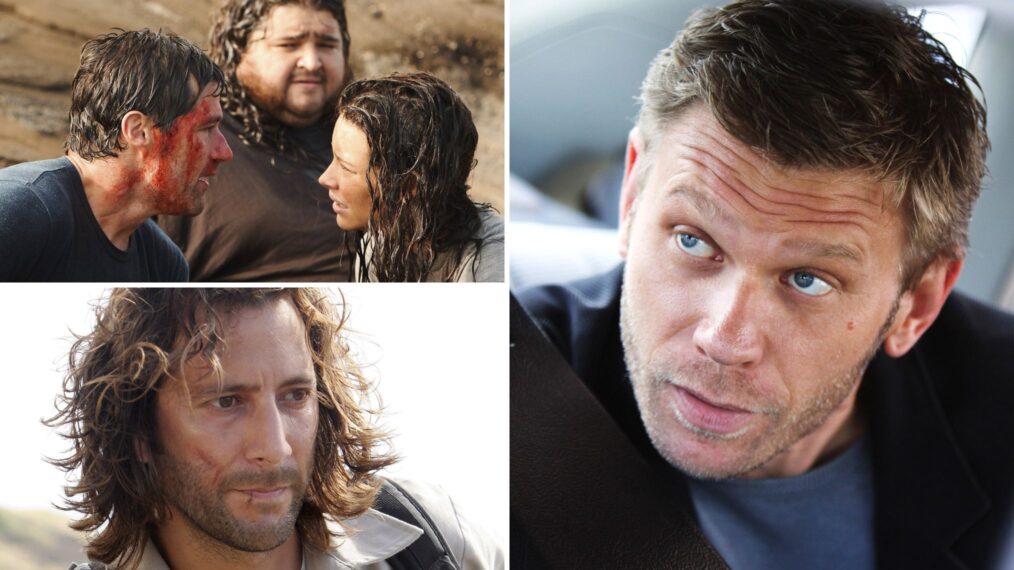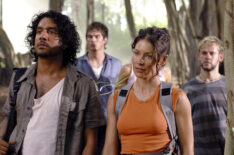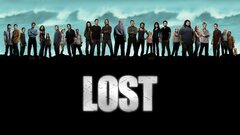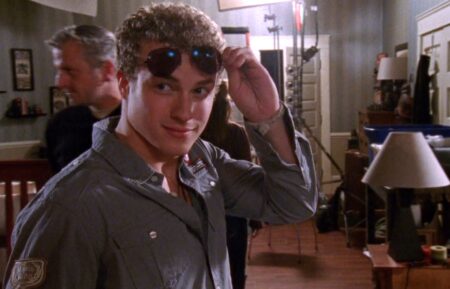‘Lost’ Turns 20: The Show’s Ending & Biggest Mysteries Explained

Does Lost have you feeling lost, even 20 years later? You’re not alone. In its journey from one of television’s best pilots to one of the medium’s worst finales, ABC’s hit castaway drama created a mythology that vexed even the fans who dissected each revelation on message boards in the late 2000s.
That mythology centered on a good-versus-evil battle at its core, but complicated matters were time travel, alternate realities, mysterious numbers, dueling factions of island inhabitants, and paranormal phenomena.
In fact, the narrative got so convoluted that fans had to turn to transmedia experiences and DVD extras — including the 12-minute epilogue, “The New Man in Charge” — to grasp answers not provided in the six seasons of the mainstream storyline.
So as we mark the 20th anniversary of Lost’s series premiere on September 22, we’re taking a swing at some of the show’s biggest mysteries, including the polar bear and smoke monster from that first episode. (Spoilers ahead!)
What was the Island?
At its most basic level, the Island is the tropical isle where the Oceanic Flight 815 and various other vessels crashed across the centuries. The Island’s inhabitants included ancient Romans, ancient Egyptians, and probably people of other cultures, given the languages found scrawled on relics the castaways came across. The Island has immense electromagnetic power that can heal humans of their afflictions but can also bring down airplanes, disrupt communications, and even affect the Island’s geographical and temporal location. And according to Jacob (Mark Pellegrino), the Island is a cork that keeps the world’s darkness “where it belongs.”
Who was Jacob? The Man in Black?
Jacob and his twin brother, known only as the Man in Black (Titus Welliver), were children of ancient Roman woman, Claudia (Lela Loren), who survived a shipwreck on the Island. Claudia was soon killed by an earlier inhabitant, a protector of the island known only as Mother (Allison Janney), who then raised the boys as her own. The two boys grew apart as the future Man in Black chose to live among Claudia’s people to try to find a way off the Island, and he eventually killed Mother. Jacob, who became Mother’s successor as the island’s protector, reacted to that matricide by throwing his brother into the so-called Heart of the Island, turning him into the smoke monster. And so Jacob — who believed in the goodness of humanity — and the Man in Black — who believed humanity is inherently corrupt — were permanent, ageless residents of the Island. And because of rules set in place by Mother, Jacob and the Man in Black were unable to kill each other, and so they used the Island’s mortal inhabitants to do their bidding.
What was the smoke monster?
The smoke monster was the transmogrified version of the Man in Black, whom the Oceanic 815 survivors saw as it moved about the Island, attacking some survivors and sparing others. In both his corporeal and smoky forms, the Man in Black tried Jacob and his possible replacements in a continued effort to leave the island. But in the series finale, the Man in Black, then in the guise of John Locke (Terry O’Quinn), inadvertently made himself mortal as he deactivated the Heart of the Island, giving Kate Austen (Evangeline Lilly) and Jack Shephard (Matthew Fox) a chance to kill him.
What brought Oceanic 815 to the Island?
Desmond Hume (Henry Ian Cusick), a more recent shipwreck survivor, realized too late that the button in the DHARMA Initiative’s Swan station actually did need to be pressed every 108 minutes, because when he decided to let the timer run out one day, a resulting surge of electromagnetic energy caused Oceanic 815 to crash on the Island. But Jacob either orchestrated the crash or at least knew it would happen because he manipulated candidates for the job of Island protector to be aboard the doomed flight.
Who were the Others?
The Others were a group of Jacob devotees — Jacobites, one might say — who predated the Oceanic 815 survivors as inhabitants of the island. They protected the Island from outside threats and from the Man in Black. They were also able to leave and return to the Island. Richard Alpert (Nestor Carbonell), an early shipwreck survivor, became an intermediary between Jacob and the rest of the Others, and other Others leaders over the years included Charles Widmore (Alan Dale), Eloise Hawking (Fionnula Flanagan), and Ben Linus (Michael Emerson).
What was the DHARMA Initiative?
The DHARMA Initiative was a group of scientific researchers who conducted their studies of meteorology, psychology, parapsychology, zoology, electromagnetism, and other subject areas on the Island for decades. They met their end when the Others — and Ben, a DHARMA defector — killed almost every one of them with poison gas from their own Tempest station. After the initiative’s collapse, the Others moved into their facilities, including the Barracks, the aforementioned Swan, and many other stations on the Island.
What’s up with Hurley’s numbers?
Hurley Reyes (Jorge Garcia) used the numbers 4, 8, 15, 16, 23, 42 in a lottery and won a nine-figure (but ultimately cursed) jackpot. He’d gotten the numbers from his time in a mental institution, in which a fellow patient chanted them. That patient had once intercepted a DHARMA radio transmission broadcasting the numbers from the Island. And to DHARMA, the numbers were part of the Valenzetti Equation, which theorized to predict the time of human extinction, as Lost fans learned in the alternate-reality game The Lost Experience. But the numbers, which popped up all over the Island and the rest of the world, also had mythological meaning: Jacob used them as identifiers for the final six candidates, Hurley included.
Why are there polar bears?
The DHARMA Initiative brought polar bears to the Island — well, to the Hydra station on a smaller island just offshore, to be exact — as part of their studies. They kept the bears in cages — which the Others later used to imprison Kate and fellow castaway Sawyer Ford (Josh Holloway) — as part of the initiative’s electromagnetic studies, as revealed in “The New Man in Charge.” Specifically, they trained the polar bears were to push the frozen wheel under the Orchid station, the wheel that moves the Island in space and time.
What were the flash-sideways?
After umpteen flashbacks and flash-forwards, Season 6 introduced a narrative device dubbed “flash-sideways,” which at first seemed like alternate histories for the main character in a reality in which Oceanic 815 never crashed. In the series finale, though, Jack’s father, Christian Shepherd, told him what’s actually happening. “This is the place that you all made together, so that you could find one another,” he said. In other words, the flash-sideways reality was an afterlife limbo, of sorts, where Jack and the other characters could reunite before “moving on.”
Were they all dead?
By the end of the series, yes. But the Oceanic 815 survivors were very much alive when they arrived on the Island, but eventually they all died, whether by natural causes or otherwise. (“Some of them before you, some long after you,” Christian told Jack.) In the flash-sideways world, our heroes got visions of their Island lives, and those visions led them to a church where they and assorted loved ones all happily reunited and “moved on” together.








